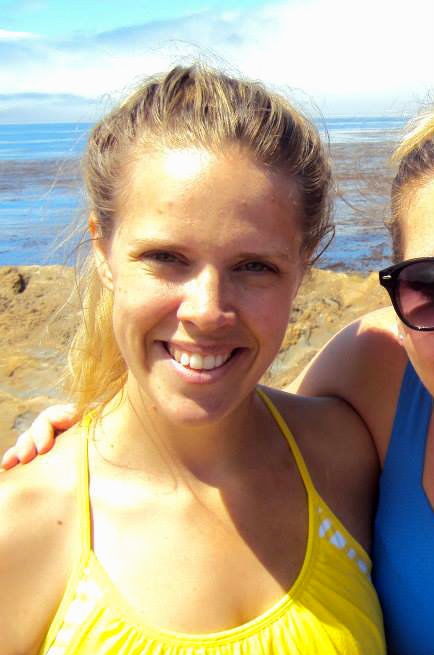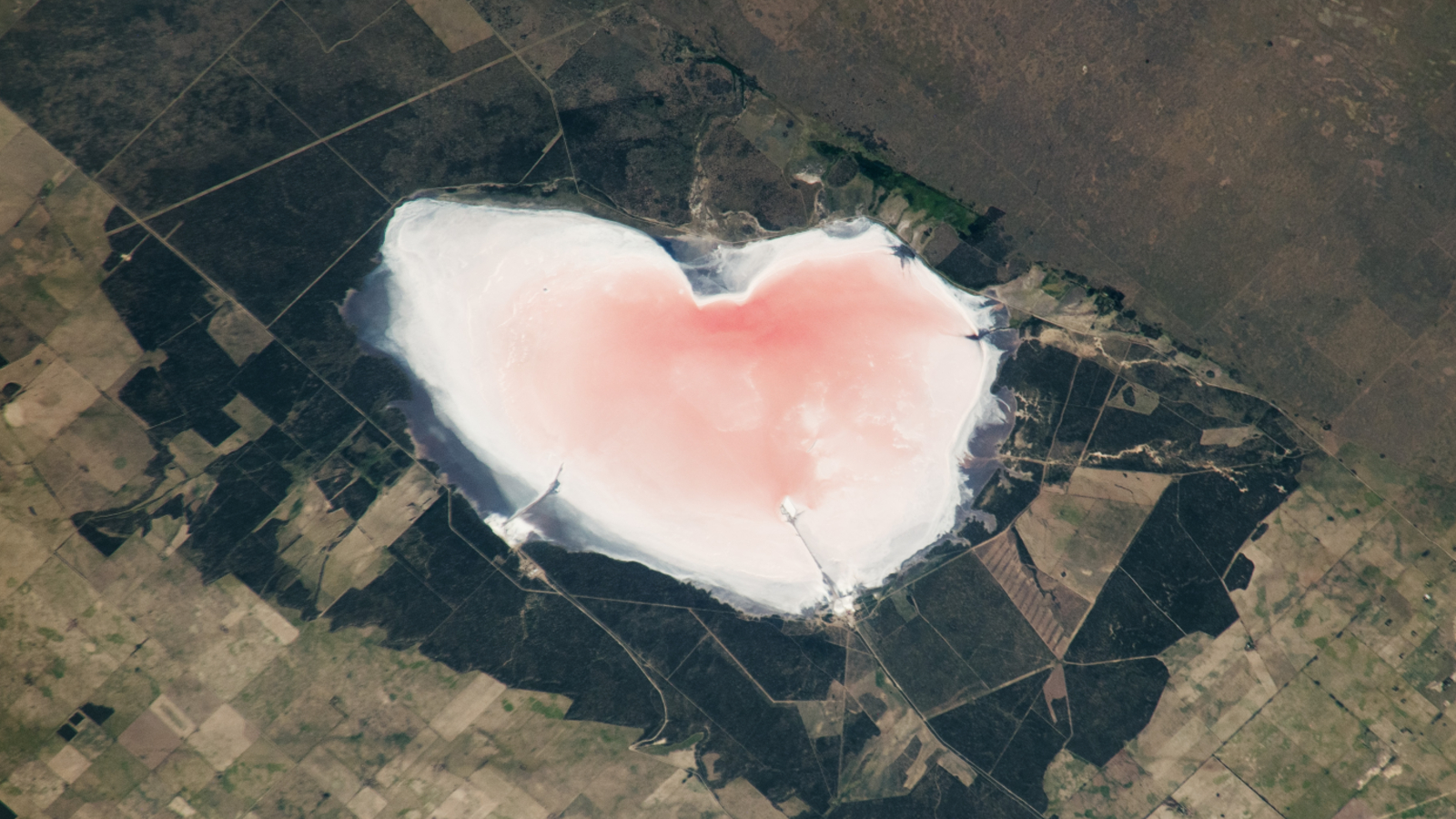How Gandhi Changed the World

Get the world’s most fascinating discoveries delivered straight to your inbox.
You are now subscribed
Your newsletter sign-up was successful
Want to add more newsletters?

Delivered Daily
Daily Newsletter
Sign up for the latest discoveries, groundbreaking research and fascinating breakthroughs that impact you and the wider world direct to your inbox.

Once a week
Life's Little Mysteries
Feed your curiosity with an exclusive mystery every week, solved with science and delivered direct to your inbox before it's seen anywhere else.

Once a week
How It Works
Sign up to our free science & technology newsletter for your weekly fix of fascinating articles, quick quizzes, amazing images, and more

Delivered daily
Space.com Newsletter
Breaking space news, the latest updates on rocket launches, skywatching events and more!

Once a month
Watch This Space
Sign up to our monthly entertainment newsletter to keep up with all our coverage of the latest sci-fi and space movies, tv shows, games and books.

Once a week
Night Sky This Week
Discover this week's must-see night sky events, moon phases, and stunning astrophotos. Sign up for our skywatching newsletter and explore the universe with us!
Join the club
Get full access to premium articles, exclusive features and a growing list of member rewards.
Each Monday, this column turns a page in history to explore the discoveries, events and people that continue to affect the history being made today.
He wasn't the first, nor would he be the last, but the wiry, bespectacled man from Gujarat is certainly the most famous of the world's peaceful political dissidents.
Mohandas Gandhi — also affectionately known as Mahatma — led India's independence movement in the 1930s and 40s by speaking softly without carrying much of a big stick, facing down the British colonialists with stirring speeches and non-violent protest. For his troubles, he's often named among the 20th century's most important figures and remains revered in India as a father of the nation.
More than anything else, historians say, Gandhi proved that one man has the power to take on an empire, using both ethics and intelligence. Other peaceful resisters such as Martin Luther King Jr. during the 1960s civil rights movement and Tibet's Dalai Lama have emulated his methods in years since, shaking up the dynamic of world politics in the process.
Urges Britain to quit India
It is hard to imagine the thin, robed Gandhi working in the rough and tumble world of law, but Gandhi did get his start in politics as a lawyer in South Africa, where he supported the local Indian community's struggle for civil rights. Returning to India in 1915, he carried over his desire to improve the station of the lower classes.
Gandhi quickly became a leader within the Indian National Congress, a growing political party supporting independence, and traveled widely with the party to learn about the local struggles of various Indian communities.
Get the world’s most fascinating discoveries delivered straight to your inbox.
It was during those travels that his legend grew among the Indian people, historians say.
Finding extreme poverty and famine in his own Gujarat province, Gandhi led an initiative to clean up the area, install new schools and build hospitals. He was ultimately arrested by British-appointed landlords for causing unrest, but talked his way out of jail and negotiated better conditions for the Indian farmers. When news about this sneaky feat spread through India, he earned the nickname "Bapu" — or Father.
Indeed, Gandhi was known as much for his wit and intelligence as for his piety. When he was arrested several more times over the years for his actions during the movement, Gandhi calmly fasted in prison, believing that his death would embarrass the British enough to spur independence, which had become the focus of his politics by 1920.
Gandhi's non-cooperation movement, kicked off in the early 1920s, called for Indians to boycott British goods and traditions and become self-reliant. His most famous protest came in 1930, when Gandhi led thousands of Indians on a 250-mile march to a coastal town to produce salt, on which the British had a monopoly.
Inspires civil rights
India finally gained full independence in 1947 when Gandhi was 78. Although some historians argue that independence was inevitable with Britain's economic collapse after World War II, most agree that it would not have happened without the foundation of dissent he built among several hundred million Indians throughout the 1920s and 30s.
Ironically, the ultimate proponent of non-violence was killed by assassination in 1948 while walking to his evening prayer meeting.
Today, Indians, anti-war protestors and authors, for the many interesting quotes he provided, celebrate Gandhi as a preeminent figure. Not 20 years after his death, Gandhi also had a direct impact on the history of the United States.
Martin Luther King Jr. is said to be have been heavily influenced by Gandhi's philosophy of non-violence, believing it to be the only logical approach to the problem of race relations in America.
 Live Science Plus
Live Science Plus











